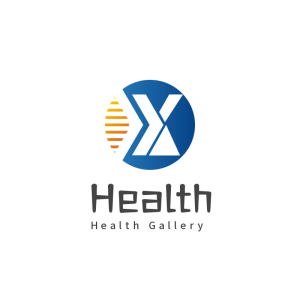Safe Medications Your Guide to Avoiding Health Risks
Medications help us manage various health conditions and improve our quality of life. However, they can also pose risks if not taken or used properly. In this article, we will provide you with a guide to safe medications and tips on avoiding health risks associated with them.
1. Understand Your Medication
The first step to taking medications safely is to understand what you are taking and why. It is essential that you read the label, including the instructions and warnings, and ask your healthcare provider if you have any questions or concerns. You should also know the name and purpose of your medication, the recommended dosage, when and how to take it, and any side effects to watch out for.
A good resource for understanding your medications is the Consumer Medication Information (CMI). CMIs are written in plain language and provide information about the medicine’s uses, risks, and how to take it properly.
2. Follow the Dosage Instructions

One of the most common mistakes people make with medications is not following the dosage instructions. Taking too much or too little medication can have serious consequences, including overdose or undertreatment of your medical condition. Some medications, such as antibiotics, may also become less effective if not taken as prescribed.
It is crucial that you follow the dosage instructions provided by your healthcare provider, including the frequency and duration of your medication. If you forget a dose, do not double up on the next one. Instead, talk to your healthcare provider or pharmacist about how to proceed.

3. Store Your Medications Properly
Storing your medications properly is another critical aspect of safe medication use. Some medications, such as insulin and some antibiotics, need to be stored in the refrigerator. Others may need to be kept in a cool, dry place away from direct sunlight. It is important to follow the storage instructions on the label to ensure the medication stays effective and safe.
If you have young children or pets in your home, you should take extra precautions when storing your medications. Keep them out of reach and in childproof containers. You should also dispose of any expired or unused medications properly.
4. Be Aware of Interactions and Side Effects
Medications can interact with each other or with certain foods, supplements, or medical conditions, which can increase the risk of adverse reactions. It is important to inform your healthcare provider of any medications, supplements, or medical conditions you have before starting a new medication.
You should also be aware of any side effects associated with your medication and report any unusual symptoms to your healthcare provider immediately. Common side effects include dizziness, nausea, headaches, and skin rash. However, some medications may cause more severe side effects, such as difficulty breathing or skin blisters.
5. Take Control of Your Medication
Finally, taking control of your medication can help you ensure its safe and effective use. This includes asking questions, keeping a medication log, and staying informed about your medication’s benefits and risks. You should also inform your healthcare provider if you experience any changes in your symptoms or medical condition, as this may indicate a need to adjust your medication or treatment plan.
Remember, medications are powerful tools that can help you manage your health condition safely and effectively. By understanding your medication, following the dosage instructions, storing it properly, being aware of interactions and side effects, and taking control of your medication, you can minimize the risks and maximize the benefits of medication use.





